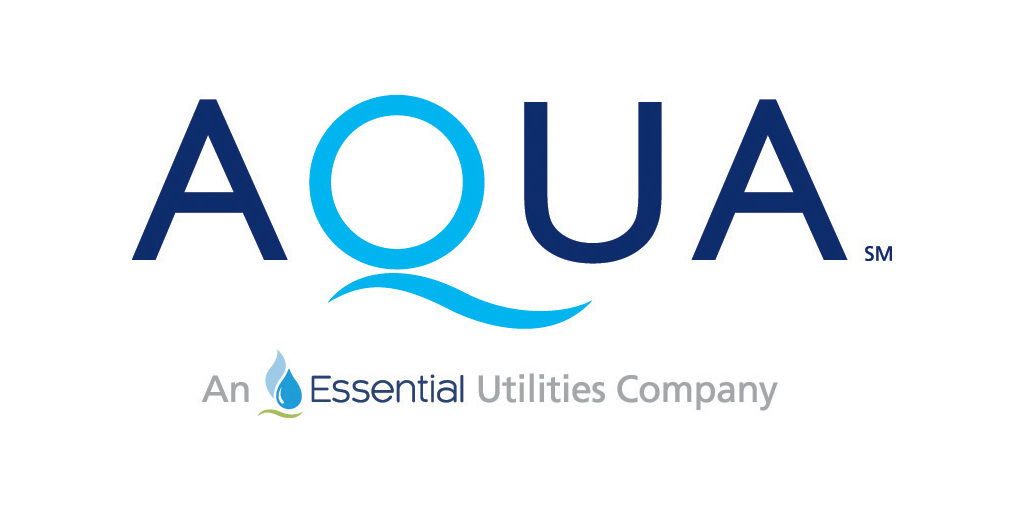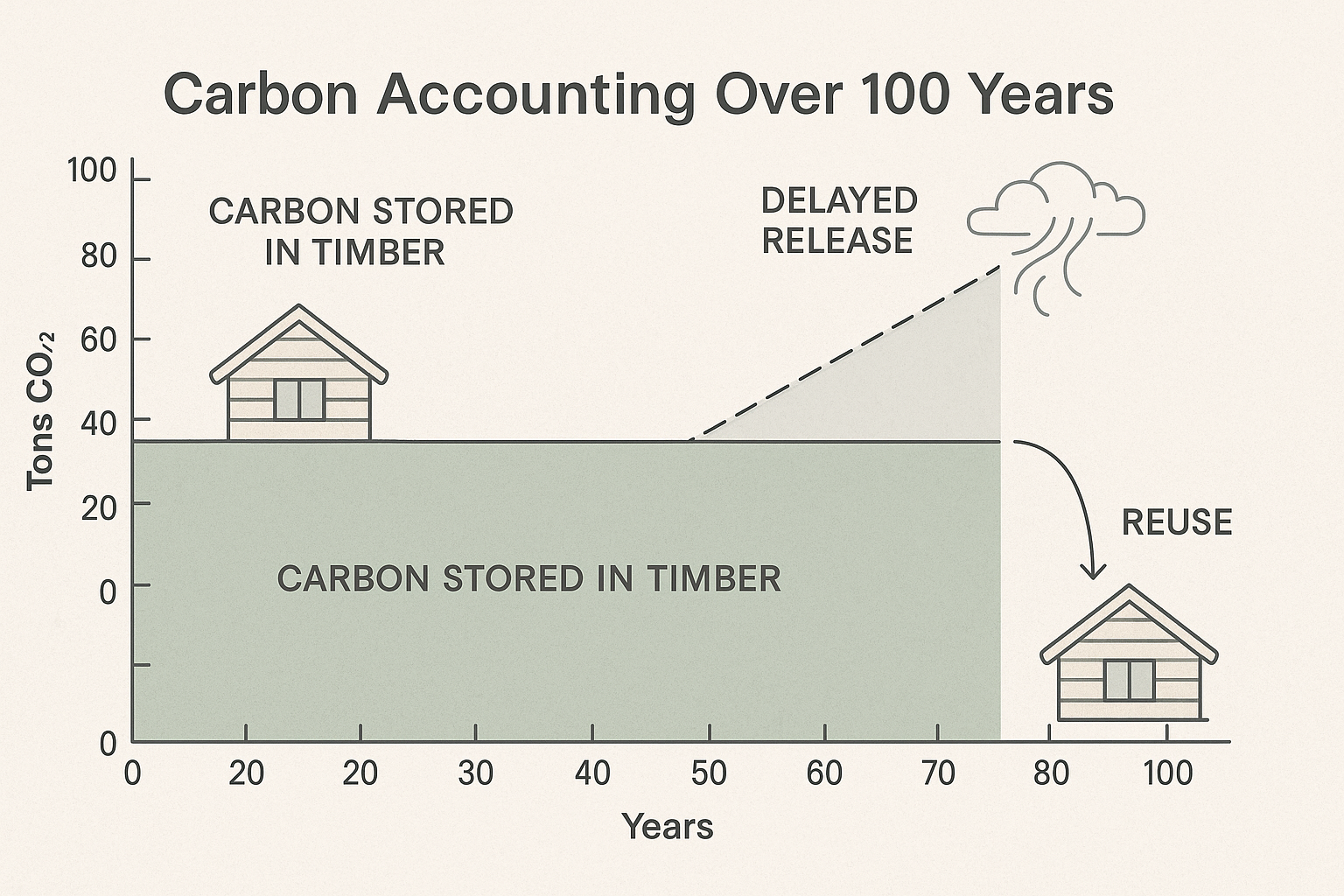Sign up for daily news updates from CleanTechnica on email. Or follow us on Google News!
We’ve written a couple of articles now about the US EV tax credit probably being killed by the Trump administration, and also other elements of the Inflation Reduction Act. In those articles, we’ve noted that this is bad for future US economic competitiveness. Some people don’t know the reason for that, so we’re going to tease it out more her with the help of some CleanTechnica commenters.
Let’s start with this extended comment from Username Taycan:
“If you are looking predominantly at the US market then you will have an unduly negative view of BEV’s future.
“China is the biggest car market on the planet and has no substantial oil interests, they are going electric come hell or high water.
“The EU is petrified of a thing called climate change and is also going electric.
“That’s over half the world market on it’s own, and China is developing a significant sphere of economic influence.
“The scale advantage is going to flip in favour of electric, and consumer electric cars aren’t at the end of over a century of continuous improvement unlike ff vehicles.
“90% of US consumers may not be idiots, but they aren’t going to get to decide BEV’s viability either.”
China is going electric. Europe is going electric. More and more small to midsize countries are going electric. If you want to be a notable player in the rest of the world auto market, you need to have highly compelling, competitive electric options soon.
Of course, as you build up sales and production capacity, you drive down costs and build up competencies that can make you competitive with or better than other automakers.
For US-based companies, companies where the US is their biggest market, the opportunity for those economies of scale, manufacturing and product innovations, and improvements in cost competitiveness is biggest in the US. If they can develop and sell more popular EVs in the US, their ability to sell high volumes of them in other markets around the world increases.
Here’s commenter super390 explaining it well:
“Because he who subsidizes today, creates the infrastructure to lower prices in the future.
“Economies of scale are wonderful, but they face a paradox; you need them before you can have them. So China created those economies of scale by not waiting for private investors (who don’t give a damn about the big picture) to pay for the infrastructure. Jumping the roadblock.
“Maybe the time has passed when private investors anywhere can be relied on to pay for big engineering projects. Because they’ve spent the last generation learning how to engage in financial engineering instead, and that’s where they’re more comfortable.
“It’s like saying in 1800 that the Midwest was the ‘future’, or in 1945 that freeways were the ‘future’. The government stepped in to pay for the infrastructure required for that to actually happen. Investors were already too obsessed with short-term gain to pay for those.”
Well said! But super390 always says stuff well and has a deep, detailed view of matters. (And, yes, I do wish I knew his/her real name.)
Mike Shurtleff puts it even more succinctly and cuts to the chase: “Incentives help new industries build faster. Very much needed in this case to allow USA companies compete with heavily subsidized Chinese companies … and to allow USA battery and EV companies to catchup to China where our oil/ICEV bias has put us too far behind.”
That’s the essence of it. You stimulate R&D, production, and sales of a “technology of the future” so that companies from your country lead in the economy of the future. Or you wait, sit back, let others lead, and buy more and more of their products as your country and economy fall more and more behind. Well, if we’re dumb enough to elect a career con man who was extremely talented at bankrupting companies while committing crimes, maybe that’s what we deserve. (Not to mention whether or not we’re forward-thinking enough to work on stopping climate catastrophe.)
Have a tip for CleanTechnica? Want to advertise? Want to suggest a guest for our CleanTech Talk podcast? Contact us here.
Sign up for our daily newsletter for 15 new cleantech stories a day. Or sign up for our weekly one if daily is too frequent.
CleanTechnica uses affiliate links. See our policy here.
CleanTechnica’s Comment Policy



